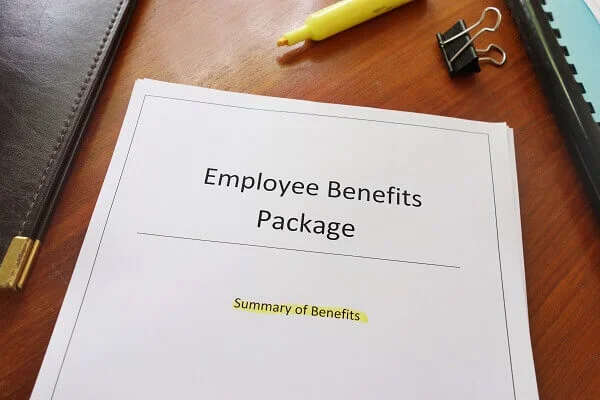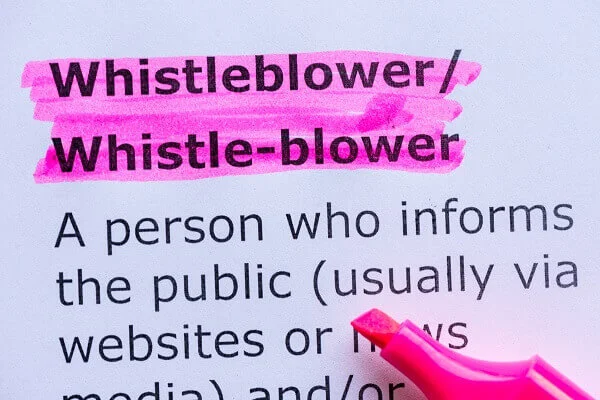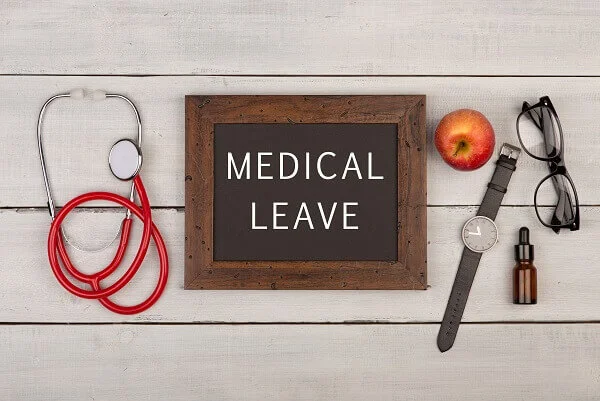Attorneys Helping Cannabis Cultivators in San Bernardino
For the last several years, California has been under constant threat of drought and water scarcity, causing many policy changes in the state and efforts to curb water usage. With the passage of new laws in 2016 legalizing the cultivation and sale of marijuana in the state, environmentalists and water advocates have become understandably concerned about how this will impact California’s water resources.
In response to these concerns, Governor Jerry Brown enacted Senate Bill 837. This bill added important environmental protections to the Marijuana Cannabis Regulation and Safety Act (“MCRSA”), and charged the California Water Resources Control Board with enacting regulations to protect the environment and conserve water.
In October 2017, the Board issued a Cannabis Cultivation Policy that addresses water conservation and steps that cannabis cultivators must take before becoming licensed by California.
Water Resource Protections
Under the MCRSA and the Medicinal and Adult Use Cannabis Regulation and Safety Act (“MAUCRSA”), cannabis cultivators may only become licensed if the Board determines that their cultivation will not have a negative impact on water resources. This requires evaluation of three factors:
Whether the water diversion of the cultivator, and any associated discharge, affects instream flow needed for fish spawning, migration, and rearing
Whether the cultivator’s business affects springs, riparian habitats, wetlands, or aquatic habitats
Whether the cultivator impacts fish or wildlife habitats, or water quality
Cannabis cultivators are also required to follow all of the provisions of the California Water Code. The Board has also placed extra focus on the discharge of possible pesticides and herbicides from cannabis cultivators and requires cultivators who are seeking a license to put plans in place to address issues such as fertilizer runoff, petroleum product use, water storage and use, irrigation runoff, and disposal of any waste products created through cannabis cultivation.
Regulation of Cannabis Cultivators and Water Resources
Under the Board’s new Cannabis Cultivation Policy, the state of California has been divided into fourteen regulatory regions. Nine of those regions are prioritized for higher levels of regulation and monitoring due to their proximity to regions that support salmon populations.
Cannabis cultivators will face increasing regulation based on whether the cultivation is for personal use, indoor commercial cultivation, or outdoor commercial cultivation. Large scale cultivators wishing to acquire regular access to water will be required to go through California’s process of establishing legal water rights.
California Attorneys Advising You on Cultivation and Water Protection
California regulators take their environmental responsibilities very seriously. With the challenges of increasing population and water scarcity, regulation of cannabis cultivation requires that cultivators acknowledge the impacts that they may have on California’s resources and work to minimize them.
If you are an individual or business considering cannabis cultivation and are wondering what requirements you will need to meet under the California Water Resource Control Board’s new policy, the attorneys at CKB Vienna LLP may be available to assist you. To schedule an initial consultation,contact us online or at 909-980-1040.





















